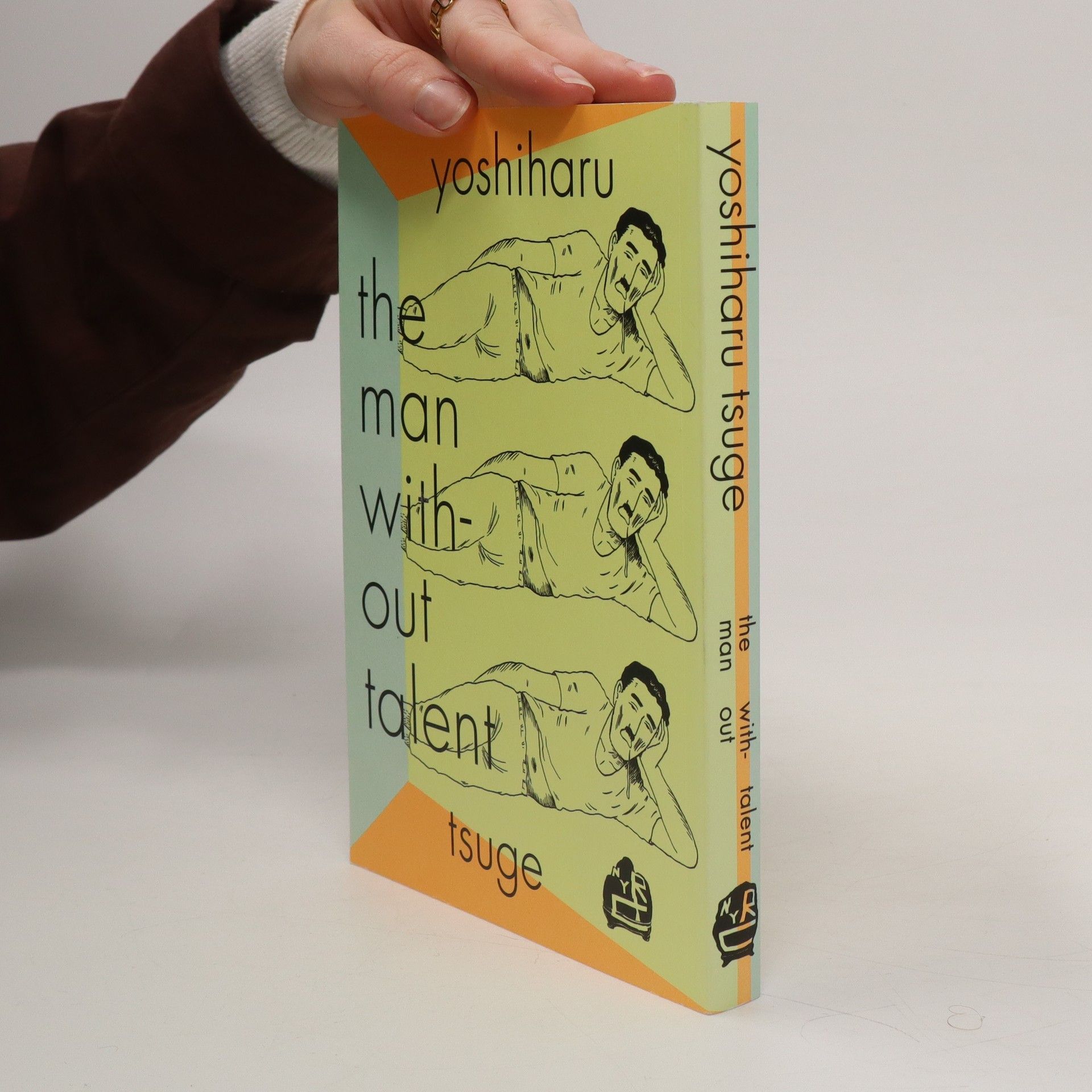Red Flowers
- 256 pages
- 9 hours of reading
"Yoshiharu Tsuge leaves early genre trappings behind, taking a light, humorous approach in these stories based on his own travels. Red Flowers ranges from deep character studies to personal reflections to ensemble comedies set in the hotels and bathhouses of rural Japan. There are irascible old men, drunken gangsters, reflective psychiatric-hospital escapees, and mysterious dogs. Tsuge's stories are mischievous and tender even as they explore complex relationships and heartache. It's a world of extreme poverty, tradition, secret fishing holes, and top-dollar koi farming...Red Flowers affirms why Tsuge went on to become one of the most important cartoonists in Japan. These vital comics inspired a wealth of fictionalized memoir from his peers and a desire within the postwar generation to document and understand the diversity of their country's culture."-- Provided by publisher

